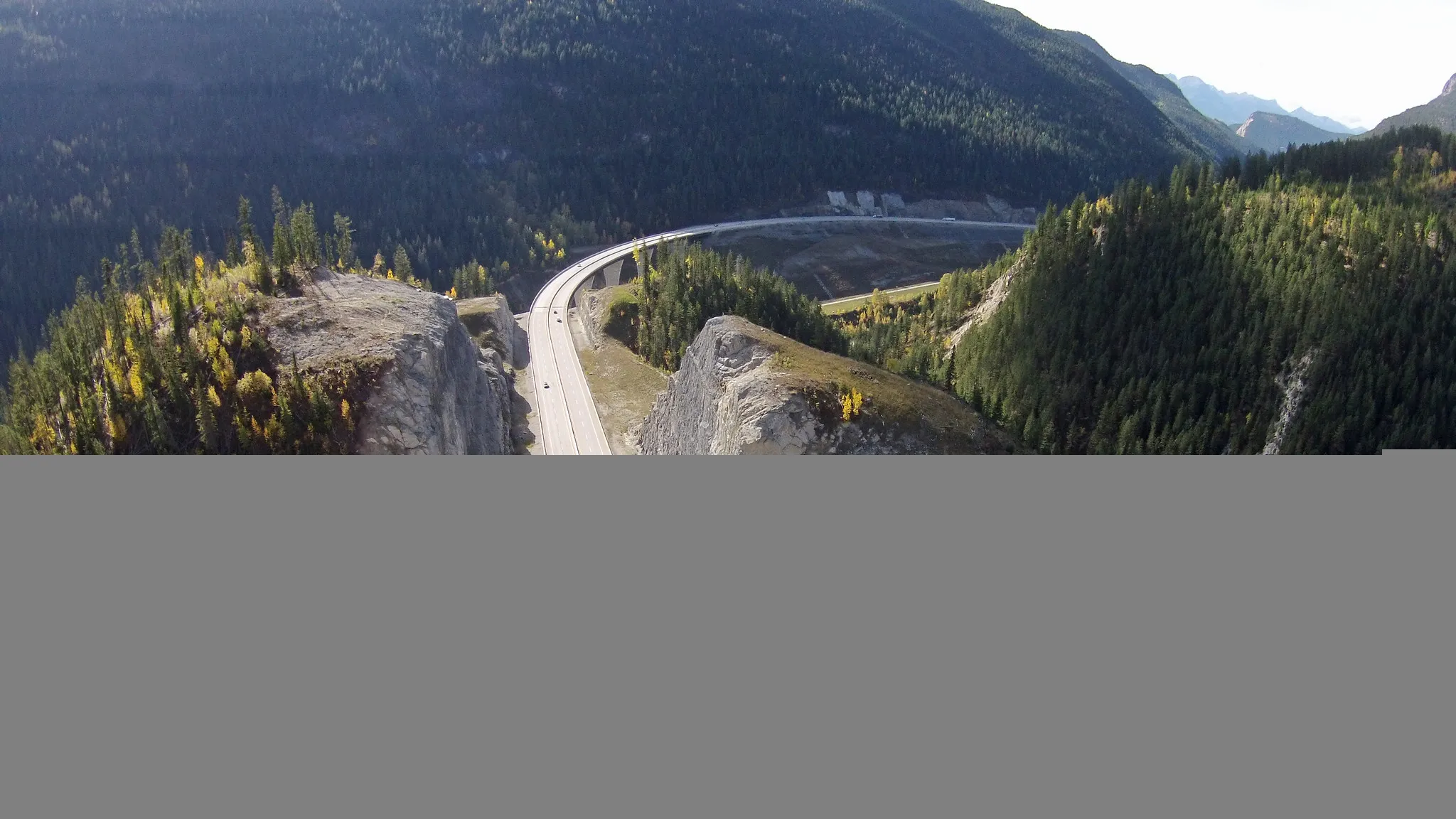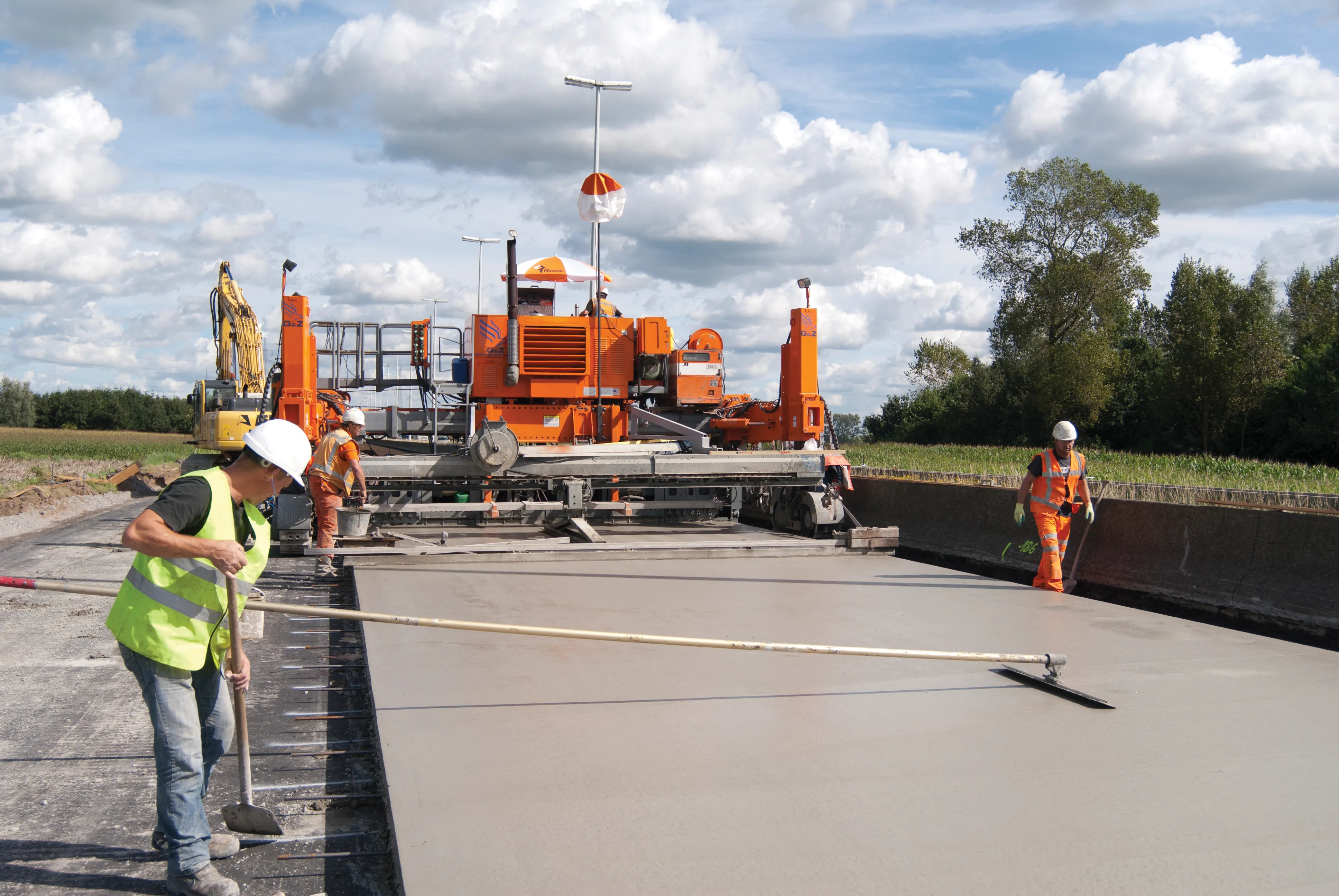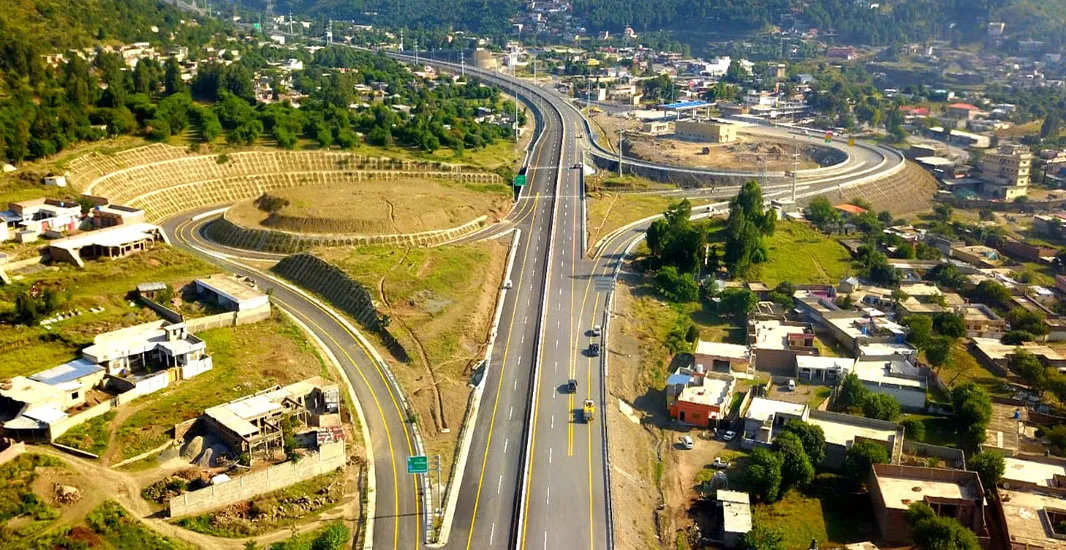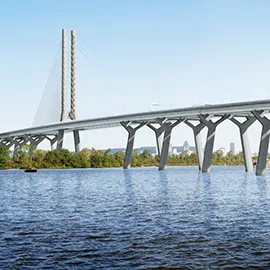
The British Columbia government has awarded the contract for the final phase of the Kicking Horse Canyon Project to Kicking Horse Canyon Constructors, KHCC.
Phase Four, the last phase of the overall project, includes 4km of new highway through the difficult canyon section between the West Portal and 5-Mile Yoho Bridge in Canada’s mostly westerly province.
The KHCC group - Aecon Group, Parsons and Emil Anderson Construction – picked up the US$338 million design and build deal – the fourth of the four construction phases - this autumn. The award completes the competitive procurement process that began last December.
Phase 4 will bring the remaining 4.8km of narrow, winding two-lane Trans-Canada Highway up to a modern four-lane 100kph standard, according to a BC government statement. It is expected to be substantially complete by the winter 2023-24.
The project has a budget of $461 million, with $296 million from the provincial BC government and $165 million from the federal government.
Other works include the realignment of 13 curves and the construction of median barriers and wider shoulders to accommodate cyclists – an international known tourist route. There will also be mitigation of rock-fall hazards and avalanches protection along with wildlife fencing and highway passages.
The Kicking Horse Canyon, located just east of the town of Golden, is one of the most rugged and scenic sections to be found on the Trans-Canada Highway. As a tourist and commercial transportation corridor, the highway carries more than 10,000 vehicles daily during the summer and up to 30% of traffic is commercial.
The Kicking Horse Canyon Project’s first three phases transformed 21km of the Trans-Canada. Work on Phase Four is expected to start before the end of this year.








